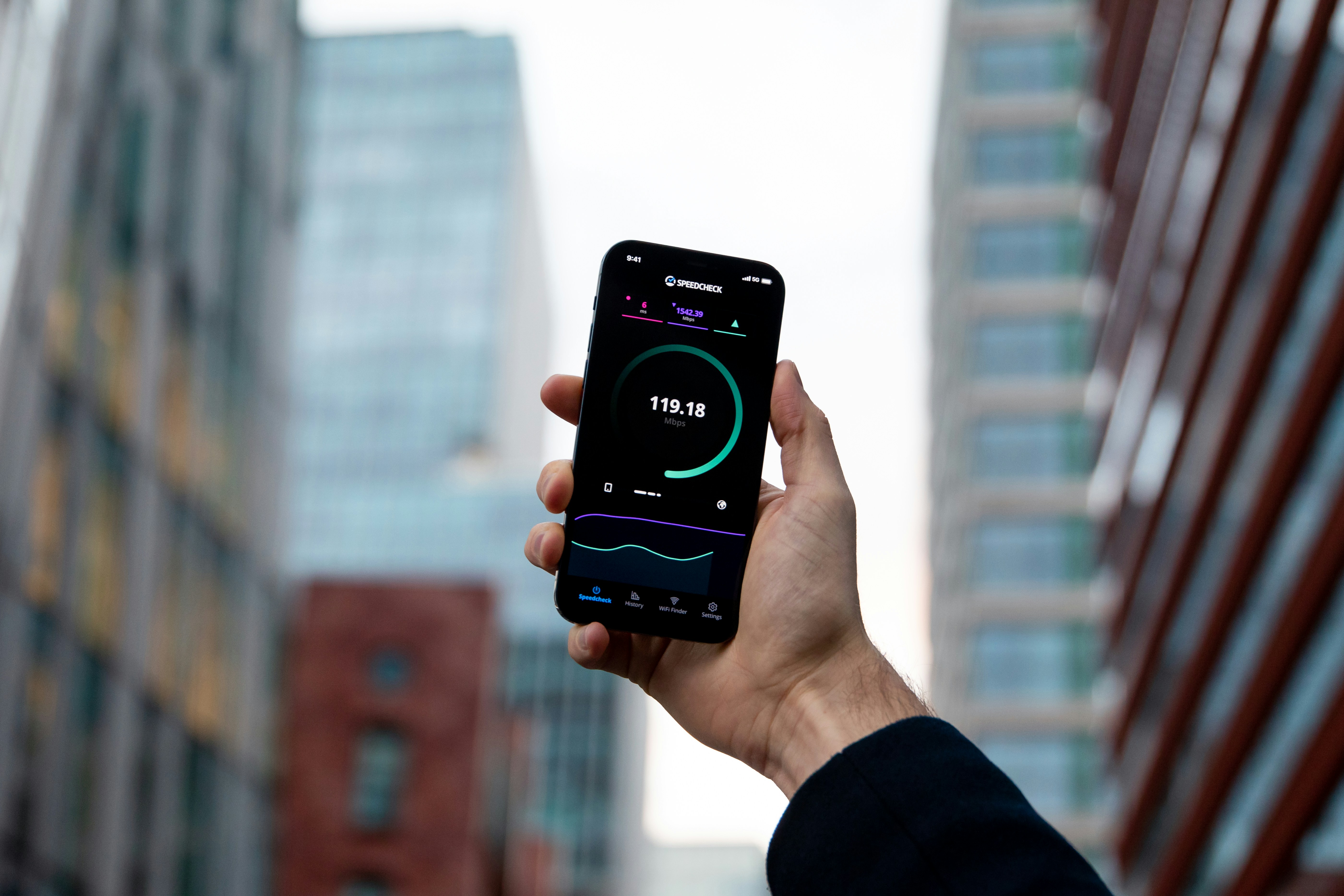MDU-specific Bandwidth Management Systems
How does an MDU-specific Bandwidth Management System prioritize traffic within a multi-tenant environment?
An MDU-specific Bandwidth Management System prioritizes traffic within a multi-tenant environment by utilizing Quality of Service (QoS) mechanisms. These mechanisms allow the system to classify and prioritize different types of traffic based on predefined rules and policies. By assigning priorities to traffic types such as video streaming, online gaming, and web browsing, the system ensures that critical applications receive the necessary bandwidth to function optimally, even during times of network congestion.
Optical Distribution Units (ODUs)








